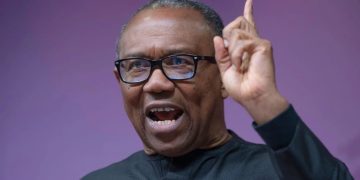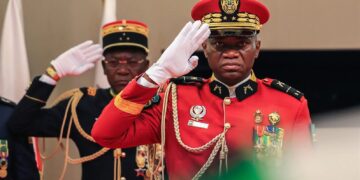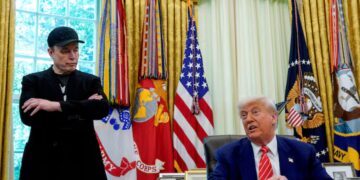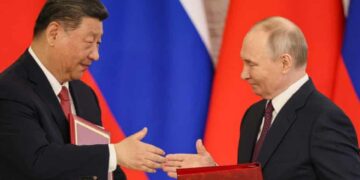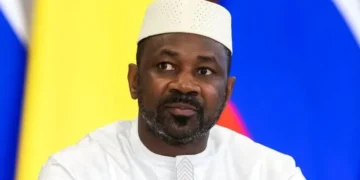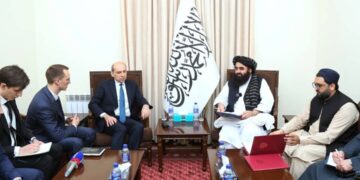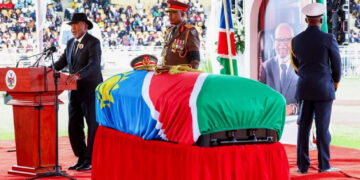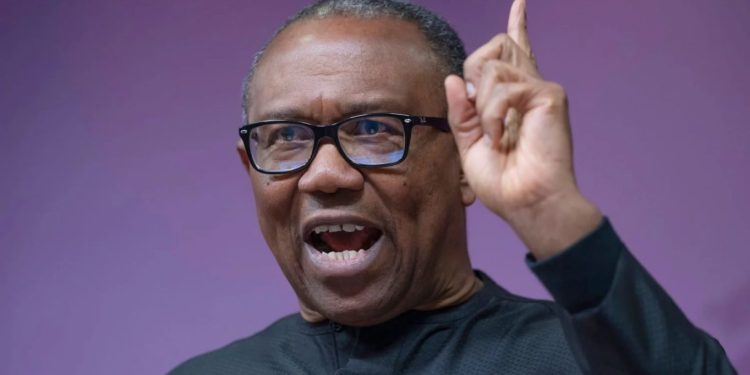By John Ikani
Labour Party’s 2023 presidential candidate, Peter Obi, has criticized the recent reported attacks and disruption of the business activities of Bureaux de Change (BDCs) operators by government agencies across different urban centers in Nigeria.
In a series of tweets, Obi labeled the actions as “ill-advised” and “wrongly directed,” suggesting that rather than solving the problem, such measures could further exacerbate the exchange rate situation in the country.
Obi emphasized that BDCs are not the primary suppliers of foreign exchange nor do they create demand. He pointed out that they merely provide a market for sellers and buyers of foreign currency, a role that is integral to every economy, including developed ones worldwide.
“To think that the BDCs are the cause of the declining value of the Naira is a smack on rational economic thinking,” remarked Obi, highlighting the complexities of currency valuation and the multifaceted factors influencing exchange rates.
The former governor of Anambra State asserted that the fundamental solution to shoring up the value of Nigeria’s currency lies in transitioning the economy from consumption to production, particularly emphasizing export-led production.
In addition, Obi stressed the importance of combating corruption, which he argued facilitates the hoarding of unproductive excess cash, thereby driving up the demand for foreign currency.
“As long as Nigeria remains an unproductive economy and corruption continues unfettered with people in possession of unproductive excess cash, the value of our currency will continue to depreciate,” warned Obi, urging government authorities to grasp the dynamics of a modern economy and align their efforts accordingly.
Why this matters
Obi’s comments reflect growing concerns among economic experts and stakeholders regarding the efficacy and implications of recent government actions targeting BDCs.
READ ALSO: JUST IN: Nigerian Senator Who Made Budget Padding Claims Suspended For Three Months
As discourses surrounding Nigeria’s economic policies intensify, his perspective adds a nuanced dimension to the discourse, emphasizing the imperative of holistic economic reforms to address underlying structural challenges and foster sustainable growth.
The Labour Party’s presidential candidate’s remarks are likely to resonate widely, especially among segments of the population grappling with the adverse effects of currency depreciation and economic instability.
As debates on effective strategies to bolster the Naira’s value persist, his perspectives add to the discourse on sustainable economic development in Nigeria.
